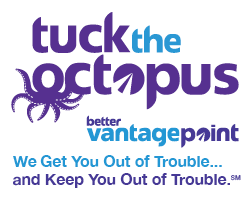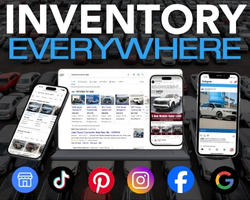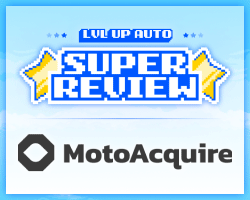I want to recognize that DealerRefresh contributors, and members of the dealer community, have discussed the need for third-party lead reform in the automotive industry in the past.
Today, I am joining with Jeff Kershner, and automotive professionals who have voiced their concerns, to raise national awareness and energize the discussion of third-party lead quality.
Can auto dealers work together for change? It is my hope that once dealers understand the flaws in the current system, they will demand change. It’s time to turn the light on to third party leads sales.
Today, third party lead aggregators are supplying dealers and OEM co-op programs with a “mix” of leads from a variety of online sources. Aggregators create lucrative business deals to supply OEMs with leads to their franchise dealer network. Aggregators are paid on a per lead basis and not on a per sale basis. The more leads that are sent to franchise dealers, the more money aggregators will make.
The inherent flaw in this system is that quantity, not quality, is rewarded by large cash payouts. Dealers, on the other hand, are rewarded by OEMs on sales.
Even though third-party leads come from different online sources, when the leads are sold to dealers, aggregators do not tag the original source of the lead. For example, if the leads are a mix of 30 different website properties, the dealer have no way to determine which lead sources are closing the best for their brand.
In fact, our initial research shows that over the past 10 years, the closing ratios of third party leads has continued to decline. Why is this the case? It is because there is big money is selling leads and the “sellers” are not be held accountable for generating sales. Some lead aggregators have decided they can make more money by pissing in the wine.
Now dealers know the source of that “bitter” taste in their mouths when they look at the closing ratios of third party leads!
Third Party Leads and The Italian Wine Industry
The current system for selling third-party leads to dealers by aggregators reminds me of the Italian wine industry that was plagued with scandals in the past. Wine labeled as “Chianti”, for example, was not really from the Chianti region of Italy at all. Unscrupulous merchants were purchasing lower quality wine, and labeling it as Chianti, since they knew Americans loved Chianti. Italy and the consortium of wine growers realized that this practice would ruin the wine industry.
As a result, the country came up with a labeling system which guaranteed the quality and source of grapes in the bottle. The Denominazione di Origine Controllata (DOCG) labels, which appear as a pink paper ribbon over the corks, show that the government inspected the wine source. It supports a price/quality ratio that is known in that region of Italy.
The automotive industry needs the equivalent of the DOCG for third-party lead sources.
Poor Lead Quality Has A Bigger Cost Than You Think
Dealers have to stop putting a low price tag on their human resources in the dealership. When sales professionals actively pursue leads that close at 1-2%, the cost per retail sale is unprofitable. Employees get discouraged when they are forced to work poor quality leads; morale decreases. The true “cost” of poor leads goes way beyond the $20 per lead cost that dealers invest.
Dealers have to stop perpetuating a business model that continues to deliver “mystery” leads as a mix. If dealers know that lead aggregators are mixing bad wine with good wine, why would they continue to buy wine from that source? Unless dealers enjoy just a bit of piss in their wine.
I understand that “some” leads sources may want to remain anonymous. In these RARE cases, the aggregator can create a pseudonym. For example, if American Express was selling leads, the aggregator could label these as “Credit Card Provider X1”
However, the majority of lead sources should be disclosed. The reason for the disclosure is simple: Dealers should be able to inspect how the leads are collected. They should be able to see what implied promises are being offered by each website source. Knowing how each website collects leads, and if they are exclusive, makes all the difference in the world.
Dealers will pay a higher price for the ability to select higher quality leads
Which Companies Will Support Transparency?
Aggregators and OEMs that are dealer centric will not oppose DOCG equivalent labeling for third-party leads. Companies and OEMs that are only focused on making money, at the expense of dealers, will be exposed. The real issue is will dealers unit and speak up? If OEMs are funding their marketing department by selling poor quality leads to their dealers, will dealers be truly vocal?
The practical problem is that the retail auto industry is at record highs and most dealers are very profitable.
I would challenge complacency by saying that in busy times it is the perfect time to optimize your sales strategy. Fixing the system now protects dealers when things slow down, and they will. To create a change management movement in the auto industry, dealers will need to join with other members of DealerRefresh to make their voices heard. Dealers will have to vote with their wallets and also escalate research to their OEM dealer boards.
If you have specific information, that will help us uncover the dark side of third-party leads sales, send it confidentially our way. We are working on an in-depth research report and we need all the data we can collect to make change stick in our industry. You can send information to help with my research to: [email protected].









